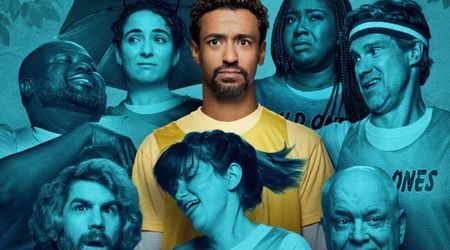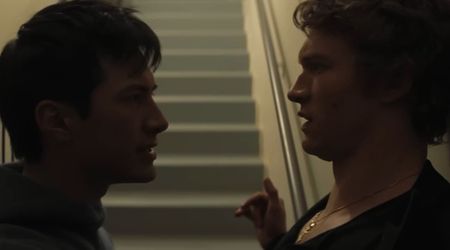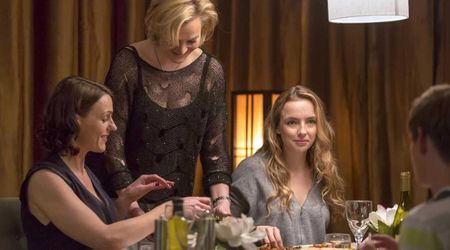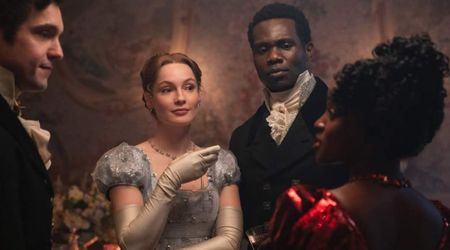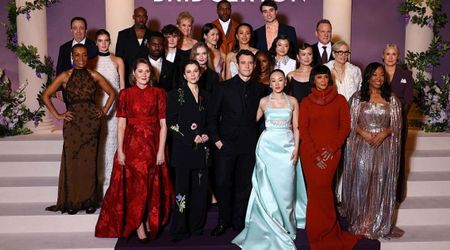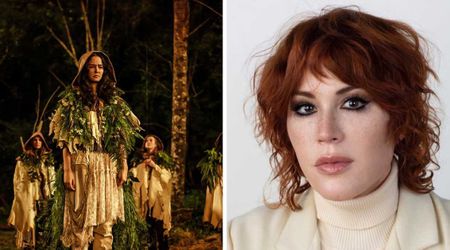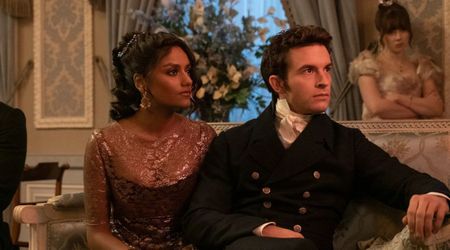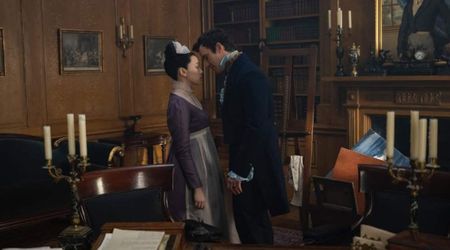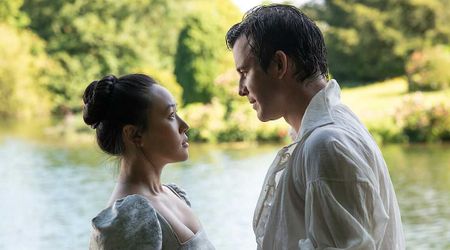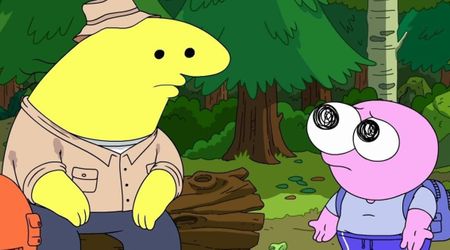5 wild scenes from 'The Boys' comics that were too scandalous for the Prime Video show

LOS ANGELES, CALIFORNIA: Prime Video's 'The Boys' stands out as one of the boldest and most boundary-pushing shows currently on air. Despite its explicit content, the TV adaptation is notably tamer compared to the original comics by Garth Ennis and Darick Robertson, which are infamous for their extreme nature.
The comic series is renowned for its graphic violence and controversial themes, which often push the boundaries of acceptability. However, the live-action adaptation took a different approach, choosing to focus on the core premise while toning down the more gratuitous elements.
By streamlining the story and removing some of the more excessive aspects, such as outdated commentary and unnecessary shock value, the TV series managed to elevate the source material.
This decision has been met with appreciation from both fans of the comics and newcomers to the franchise, and on that note, here are 5 wild scenes from 'The Boys' comics that we’re glad didn’t make it into the Prime Video show.
Black Noir carried out heinous acts while disguised as Homelander
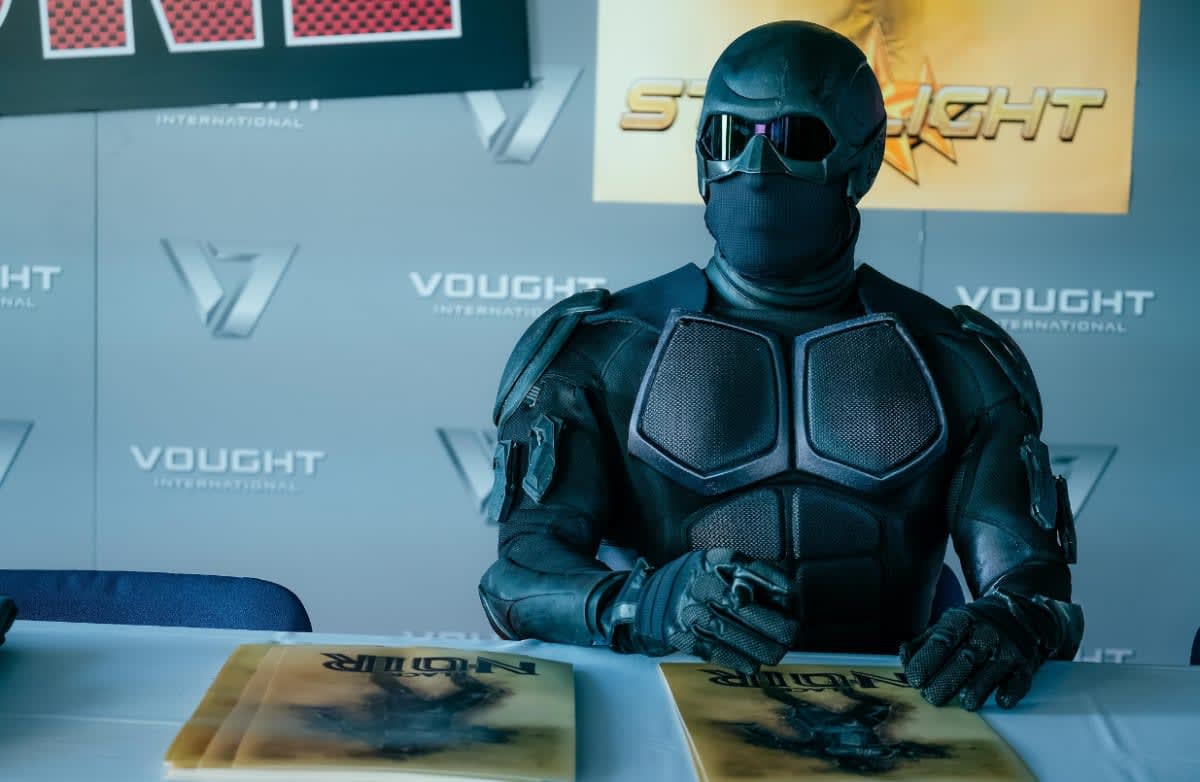
In 'The Boys', the most shocking revelation was that Black Noir turned out to be a clone of Homelander. He was responsible for the atrocities that Homelander couldn't recall, wrongly believing himself guilty.
The extent of Black Noir's depravity was hinted at through glimpses in Butcher's blackmail material held by James Stillwell.
Opinions on Black Noir's twist vary among 'The Boys' readers, but there's unanimous agreement that his gruesome actions went too far. Scenes depicting him engaging in violent acts such as consuming infants and desecrating corpses were particularly disturbing.
This extreme violence highlighted the comic's attempt to push boundaries and subvert traditional superhero tropes, reflecting a trend in the industry's move towards darker, more mature themes in the early 2000s.
Hughie Campbell encountered Mother's Milk's mother
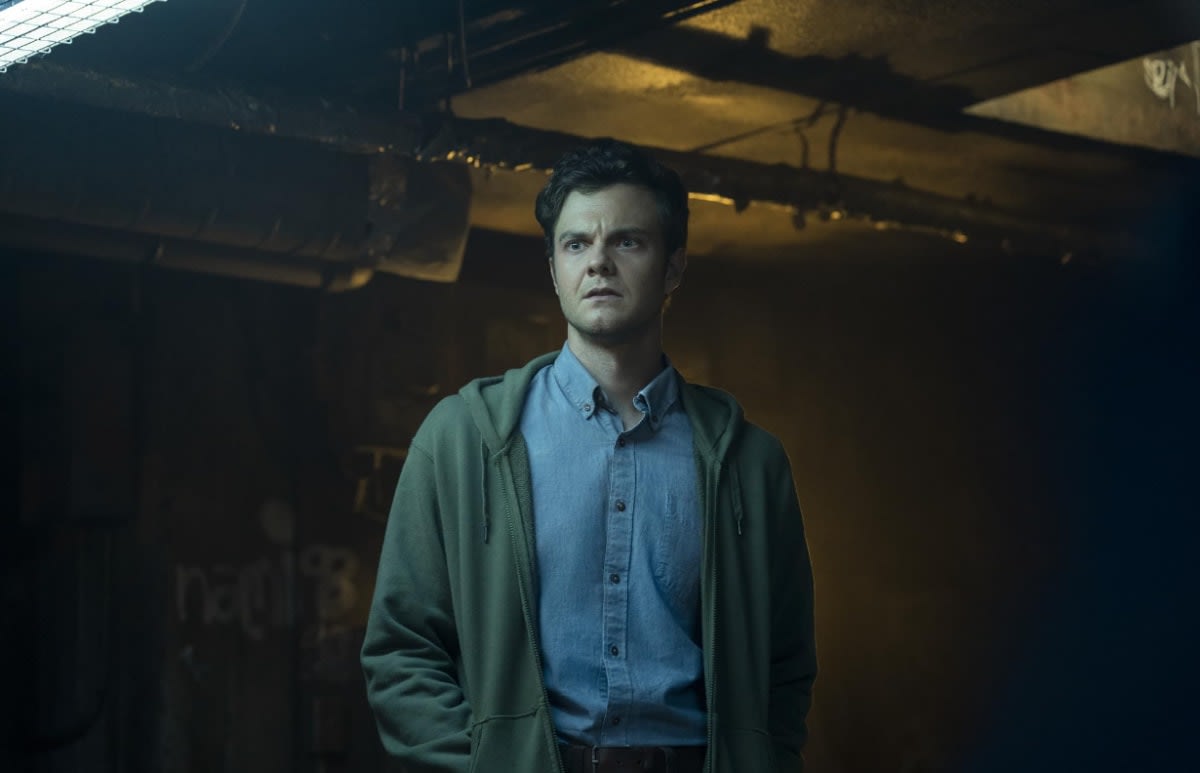
In 'The Boys' comics, Mother's Milk earned his name because he had to consume his mother's breast milk for nourishment. This unusual situation arose due to Compound V affecting his mother during pregnancy, resulting in his birth later on.
His mother underwent a grotesque transformation into a mutated blob of flesh, only appearing when Hughie drank her milk before the final showdown with Butcher.
The comics often delve into grotesque transformations and illustrate the side effects of Compound V, but the depiction of Mother's Milk's origin and his mother's mutation seemed gratuitous.
The TV series addressed this by reimagining Mother's Milk's backstory, removing his mother's mutation entirely, and giving his codename a more symbolic meaning rather than a literal one.
Black Noir assaulted Hughie Campbell in the comics
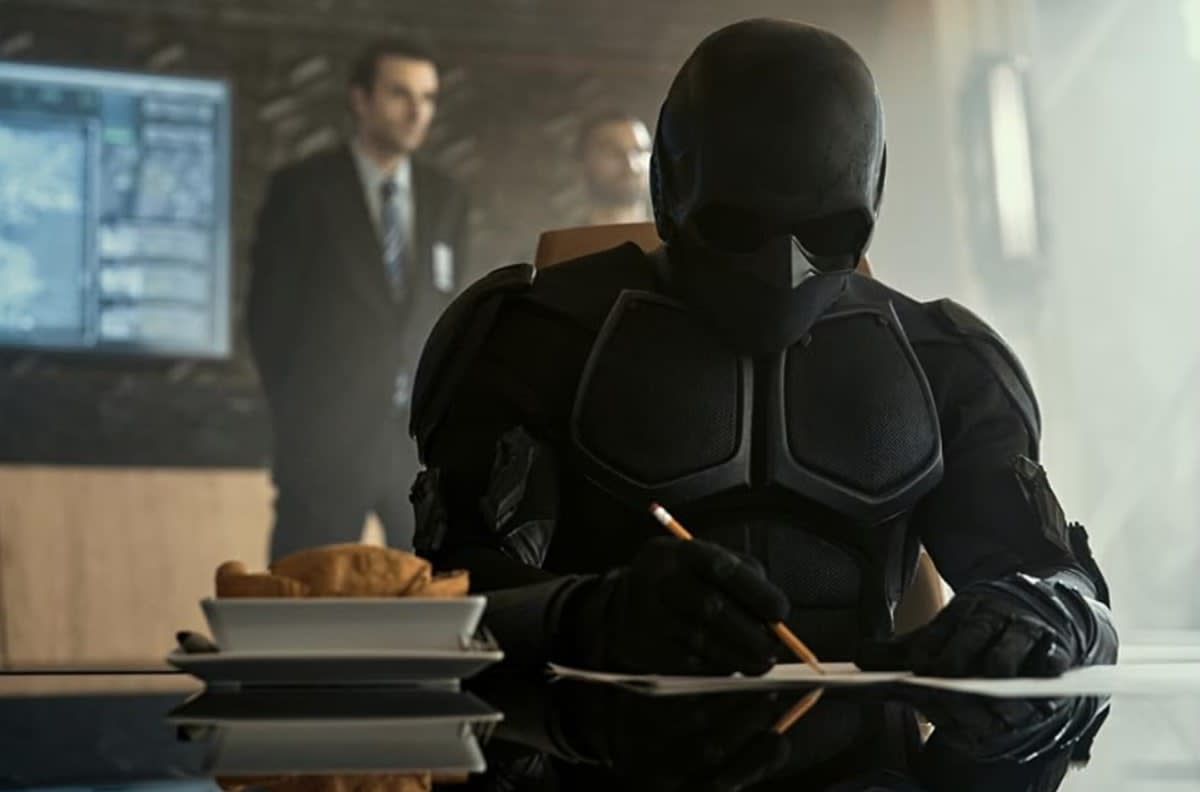
As Black Noir was revealed to be an evil clone of Homelander, his lack of impulse control was understandable. During Herogasm, he abducted Hughie not necessarily to thwart the Boys, but to harm him.
While he did prevent Hughie from planting bugs in the sewers, his main focus seemed to be tormenting Hughie and indulging in his own amusement.
Since the series revamped Black Noir's character entirely, there was no need to include his original encounter with Hughie. At most, they may have had a confrontation or brief interaction.
While this scene served to hint at Black Noir's true nature, it would have undoubtedly sparked controversy and backlash had it been included in the Amazon Prime adaptation.
Billy Butcher confronted Mother's Milk's family
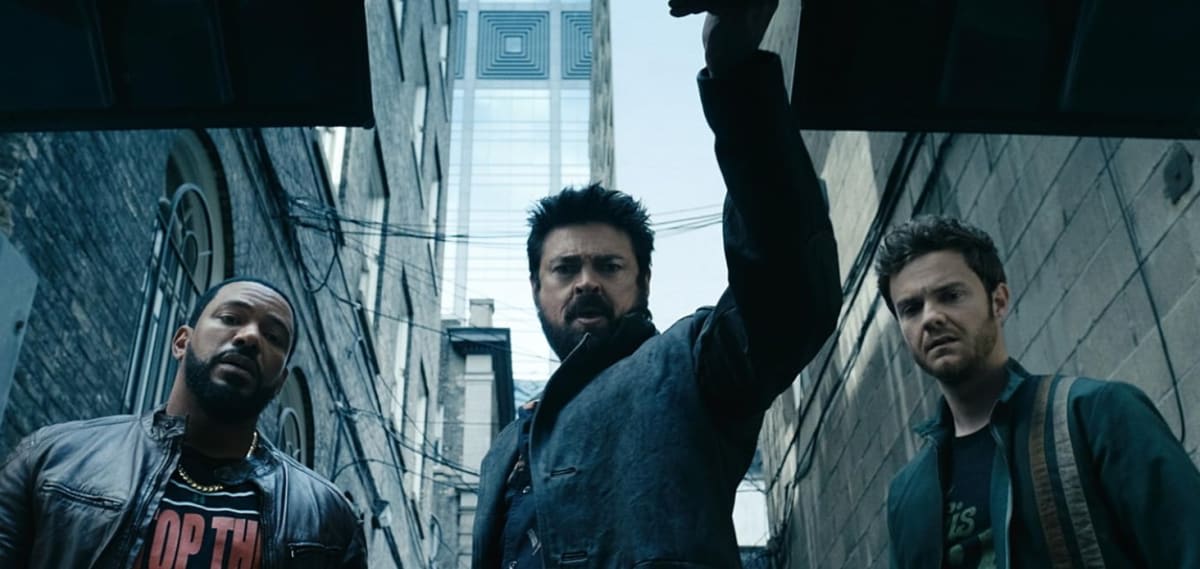
One of the most problematic aspects of 'The Boys' was Mother's Milk's backstory and family life. While Mother's Milk himself defied racist stereotypes about Black people, the same couldn't be said for other Black characters in the series, notably his wife and daughter Janine.
Mother's Milk's family in the comics were portrayed in stereotypical and offensive ways, being depicted as hedonistic and rude. Their sole purpose seemed to be to serve as targets for Butcher's reprimand and brutality in Issue #68.
The TV adaptation took a different approach by completely disregarding the comic portrayal of Mother's Milk's family and instead crafting them as fully developed individuals rather than offensive caricatures.
Billy Butcher and Susan L. Rayner's affair turned deadly
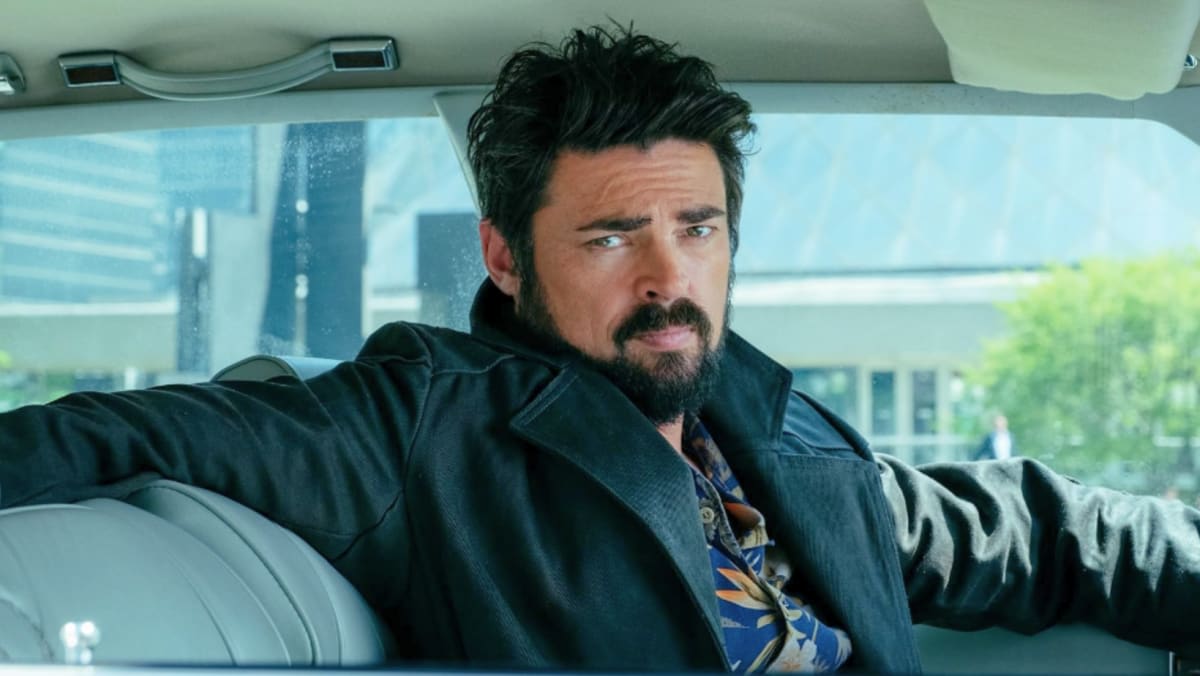
Rayner, the CIA director and handler of 'The Boys', engaged in a rough and vulgar affair with Butcher. While the affair itself highlighted the broken nature of both characters, it took a dark turn when Butcher threatened Rayner and her family during their final encounter.
This incident marked one of the earliest instances where 'The Boys' revealed the true monstrous nature of Butcher. The TV series opted not to adapt this scene directly, as Rayner, now named Susan Raynor, underwent a significant reimagining as a new character.
Although the affair between Butcher and Raynor remained a part of the storyline, the show chose not to depict Butcher's most abusive behavior.
'The Boys' Season 4 trailer
'The Boys' Season 4 premieres on Prime Video on Thursday, June 13

